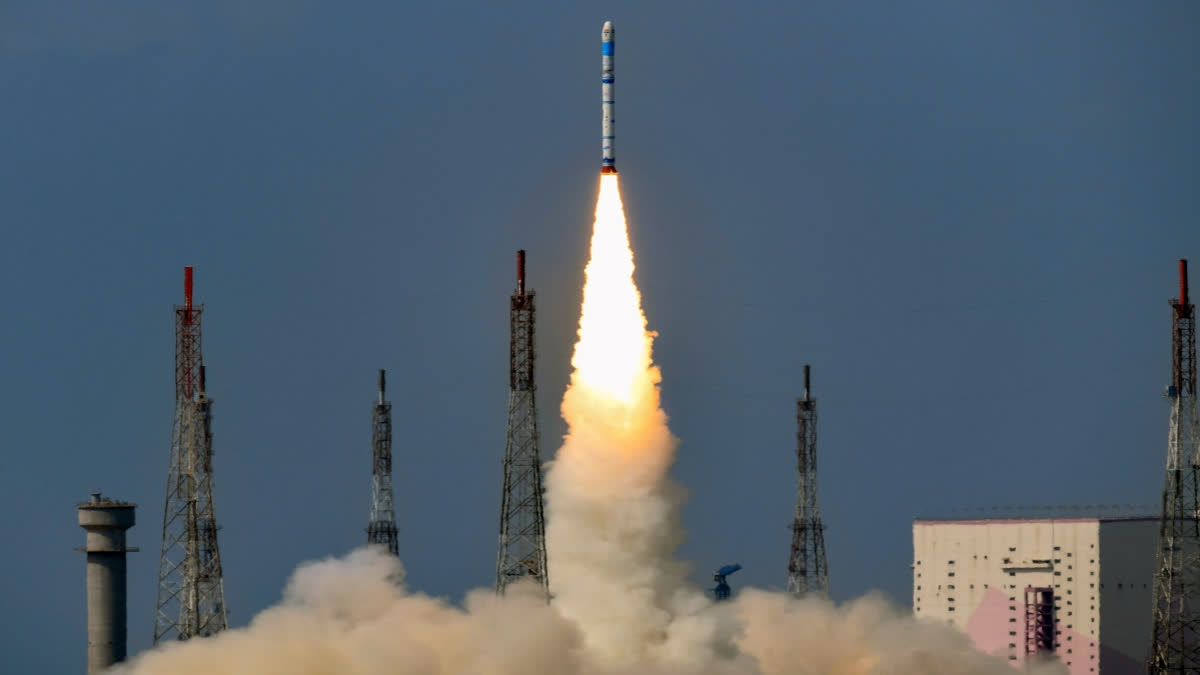Dharwad (Karnataka): Can you believe it? Fruit flies will now fly to space? Yes, these flies, with the scientific name 'Drosophila melanogaster' will be used in an experiment in ISRO's much-awaited 'Gaganayaan' mission scheduled next year.
Members at the Department of Biotechnology at the University of Agricultural Sciences (UAS) here have toiled day in and day out to develop these flies. As per sources, a kit of 15 fruit flies will be on the Gaganayaan spacecraft that will orbit in the zero gravity of space for seven days.
Fruit flies are crucial in understanding how the molecular mechanisms work when kidney stones are formed among humans in space. This is because kidney stones are a common health issue among astronauts.
"The experiment will be useful in discovering innovative treatments, particularly for Indian astronauts,” said Ravi Kumar Hosamani, Assistant Professor at the UAS Biotechnology Department.
The kits will be filled with oxygen and food inside it will be prepared in the form of porridge mixed with semolina and jaggery. “We will feed fruit flies with sodium oxalate (NaOx), ethyle glycol (EG) and hydroxy L proline (HLP), and within 3-4 days flies will develop kidney stones,” Hosamani added.
In one of the firsts, scientists from the UAS have joined hands with ISRO to experiment in the field of aeronautical studies. 'We might send humans to space in 2025. So, we must prepare ahead of the mission. Several reports have shown that kidney stones have been observed in astronauts over 30 times during space missions.
Hence the need for this experiment. If we can study and observe the process of formation of the stones, we will be able to save our astronauts and keep them healthier," said Chancellor of UAS, Dr PL Patil. The Gaganyaan programme aims to send four astronauts into space for a three-day mission in 2025.
Prime Minister Narendra Modi unveiled the four "astronaut-designates" who would fly on this first human spaceflight mission at the Vikram Sarabhai Space Centre, in the southwestern state of Kerala, on February, 27. They are Group Captains Prasanth Balakrishnan Nair, Ajit Krishnan, Angad Pratap and Wing Commander Shubhanshu Shukla.
Read More:



